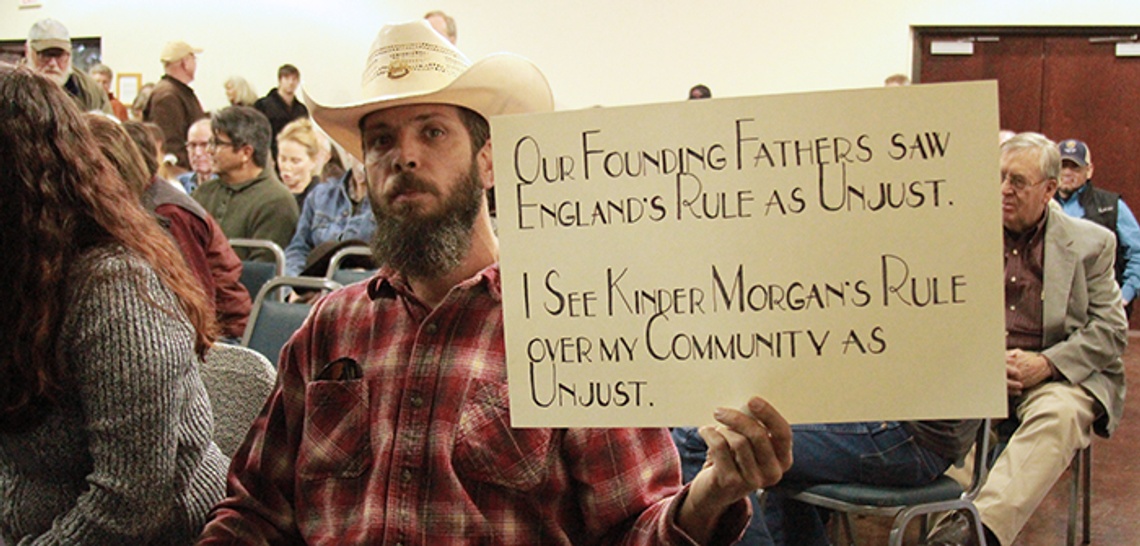Questions over the process of companies building infrastructure on privately-owned land is leading a local lawmaker to propose possible changes at the state level.
Earlier this week, State Rep. Erin Zwiener (D-Driftwood) authored House Bill (HB) 2277, which could require an environmental assessment prior to the construction of natural gas pipelines.
PLEASE LOG IN FOR PREMIUM CONTENT. Our website requires visitors to log in to view the best local news.
Not yet a subscriber? Subscribe today!










